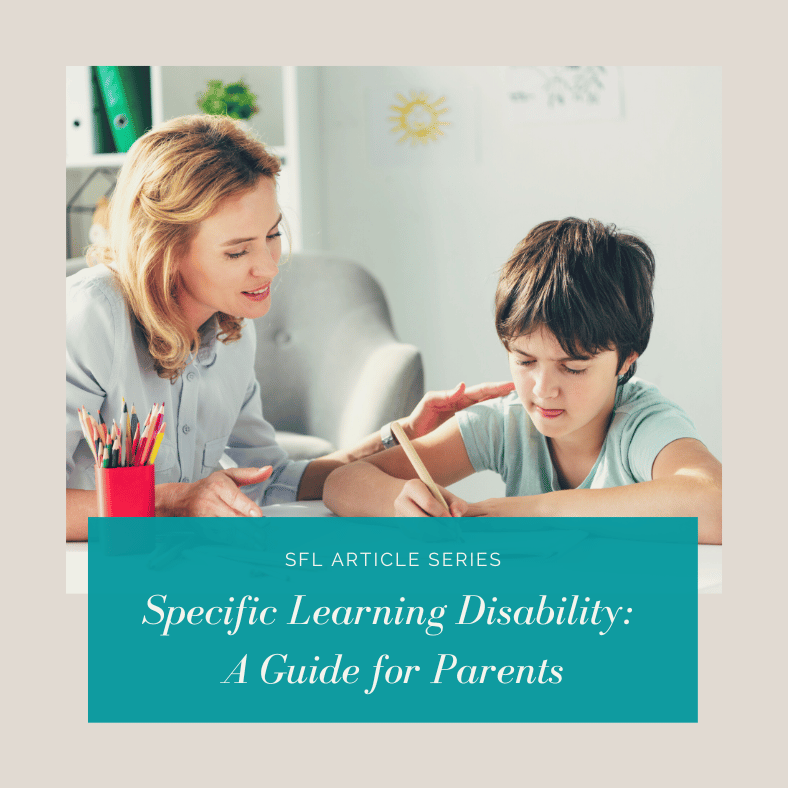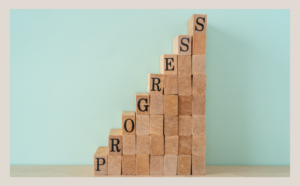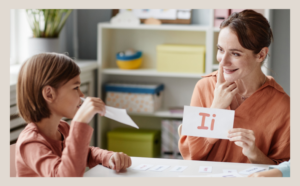No products in the cart.

What is a specific learning disability(SLD)? It includes a specific group of learning challenges that affect one’s ability to read, write, listen, speak, reason, or do math. Some common examples include dyslexia, dysgraphia, and dyscalculia. It is the most common category under the IDEA which is the federal special education law that protects kids with disabilities.
Whether you have received a diagnosis for a specific learning disability as part of your child’s IEP process or through a private evaluation, it can be an overwhelming process. However, it’s important to remember that you’re not alone on this journey! Many experts in the field are ready to help you understand how to support your child and advocate for their needs. That’s why we’ve created this guide for parents of children recently diagnosed with a specific learning disability.
Educate Yourself about Specific Learning Disabilities
You must learn about your child’s specific learning disability to effectively advocate for them. Whether it’s dyslexia, dysgraphia, dyscalculia, or another SLD, knowing the characteristics and challenges associated with the diagnosis will empower you to support your child. Explore reputable sources, connect with experts, attend workshops, and consider joining local support groups to connect with other parents facing similar situations. You can find valuable resources about specific learning disabilities on our blog and Youtube Channel.
As you educate yourself about your child’s SLD, it is also important to also do so from your child’s perspective. Check out this video on A Day in the Life of a Student with Dyslexia or A Day in the Life of a Student with Dyscalculia.
Build a Support System
Contact professionals such as teachers, special education coordinators, and outside educational therapists who can provide valuable insights into your child’s learning needs. Additionally, connecting with other parents who have more experience is a way to receive emotional support and practical advice. Online forums such as your state’s Decoding Dyslexia group and other local support groups can be excellent resources for building a network of understanding and educated individuals.
Collaborate with Educators
Foster open communication with your child’s teachers, therapists, and school administrators. Share the diagnosis, discuss your child’s strengths and challenges, and work together to create an individualized education plan (IEP) or a 504 plan tailored to meet your child’s specific needs. Regular check-ins with teachers can help you track progress and identify any issues. If your child requires support beyond what the school provides, seeking additional help from an organization such as Strategies for Learning may be necessary.
Explore Additional Support
Investigate therapeutic interventions for specific learning disabilities that may benefit your child, such as educational therapy, occupational therapy, or speech therapy. Stay informed about new research and evidence-based practices aligning with your child’s learning needs by connecting with experts. Learn more about educational therapy can help with a variety of learning disabilities.
Implement Supportive Strategies at Home
Transform your home into a supportive learning environment by implementing strategies that cater to your child’s learning style. Break down tasks into manageable steps, provide visual aids, and create a consistent routine. Encourage open communication with your child about challenges and celebrate small victories to boost your child’s confidence. Check out this article on Innovative Strategies For Supporting Dyscalculia At Home or Leveraging Strengths To Overcome The Challenges Of Dyslexia.
Advocate for Your Child’s Needs
Learn about your legal rights. The Individuals with Disabilities Education Act (IDEA) and Section 504 of the Rehabilitation Act are the main laws protecting children with learning disabilities. Advocate for necessary accommodations at school, such as extended testing time or assistive technology, to ensure your child has equal opportunities to succeed academically. Check out this Guide to Self-Advocacy for Children with Learning Disabilities.
Encourage a Growth Mindset
Help your child develop a positive mindset by emphasizing effort and persistence. Encourage them to view their academic challenges as opportunities for growth rather than insurmountable obstacles. Celebrate their unique strengths and talents, reinforcing that everyone learns differently and has different strengths.
Receiving a specific learning disability diagnosis for your child is a pivotal moment, but with the proper knowledge and support, you and your child can navigate this journey successfully. Strategies for Learning has a team of expert clinicians who can help you create a positive and empowering learning environment and guide you in advocating for your child’s needs. Remember, your commitment and advocacy are crucial in helping your child overcome challenges and reach their full potential.
Written by Stephanie Broytman, M.A. Learning Disabilities
Related Articles
Looking for Academic Support and other Educational Services?
You can schedule a free initial consultation to learn more about our services. We will listen to your concerns, answer any questions, learn about the student’s needs, and help guide you through our new student intake process.






